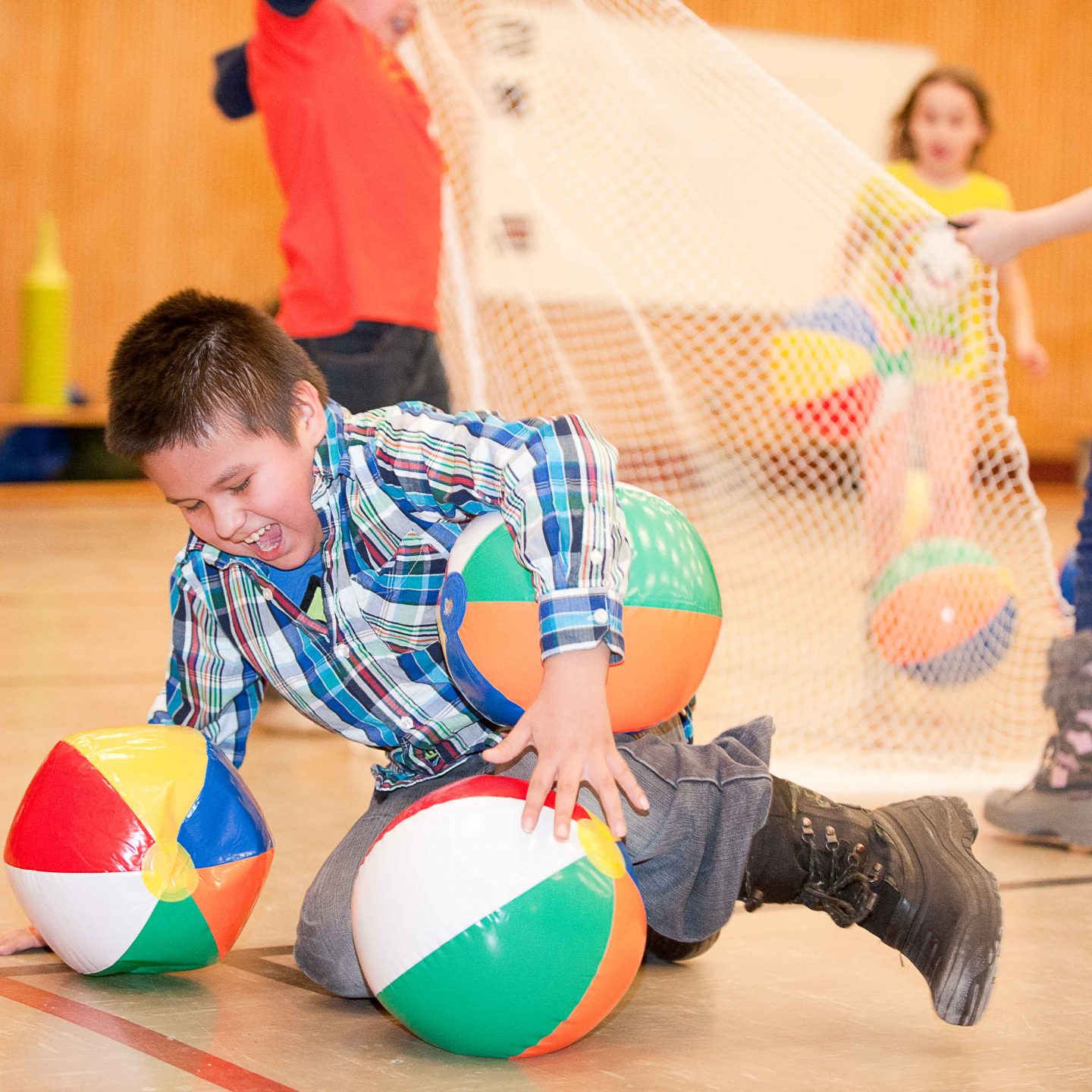When students get out of school, they’re more likely to be unsupervised, particularly if their parents work or they have to walk home.
According to a 2004 “Journal of Public Economics” article, the hours between 3 and 7 p.m. on weekdays are the most likely times for children to get into trouble, try drugs or engage in sexual activities. After-school programs differ significantly from location to location, and can play a key role in keeping students safe.
Types of Programs
Some public schools offer their own programs, often staffed by teachers or coaches. These programs may simply function as child care, offering a host of activities to keep kids busy after school, or they may be focused around a specific activity such as a sport, community service or art projects. In other cases, public schools may contract with community organizations to provide on-campus after-school programs or provide parents a list of school-endorsed programs located off-site.
Program Benefits
After-school programs can decrease the risk of drug use, teen pregnancy, criminal behavior and risky sexual behavior, according to a 2004 article in the “Journal of Public Economics.” These programs can also help keep students safe, particularly if they face a dangerous walk home from school or live in unstable homes or neighborhoods. After-school programs can help initiate new interests, and give children the materials and adult support they need to nurture these hobbies.
Funding
Many after-school programs are a result of public-private partnerships. For example, a private organization might get a grant to conduct a program, or a school might fund a portion of a program with taxpayer dollars. In other cases, programs are parent-funded and parents have to pay an annual tuition fee or daily charge if their children take the program. Some programs are completely private, funded either by private charities or private businesses, but these programs are less likely to be directly related with a public school.
Choosing a Program
If you’re looking for a program, ask the guidance counselor at your child’s school for a list of suggested after-school programs, then visit the programs to see which might be best for your child. You’ll also need to look into scheduling, transportation to the program and cost before you make a decision. Talk with other parents already with the program and, if possible, ask a few kids in the program what they think.

